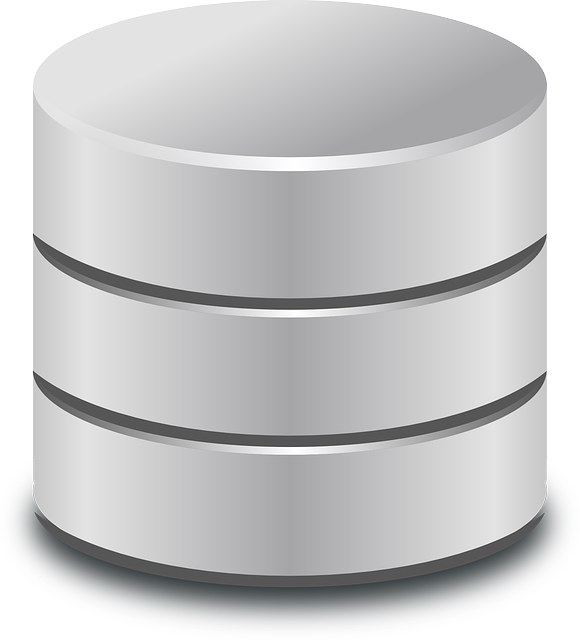
SQL and MySQL: Top 10 Differences
SQL and MySQL, two best database-related languages, despite the many differences, there’s no winning of one over the other.

With the surge of the Internet, every industry is started to explore the digital side of the market. So there is a large amount of data to be managed in present and future. This is where databases come in handy.
As you know, a database is a set of data stored in a computer and it is usually structured in a way that makes the data easily accessible.
SQL and MySQL are database languages. While SQL is a programming language used to work with data in RDMS, MySQL is an open-source relational database management system that implements the SQL standard.
Differences Between SQL and MySQL
| Features | SQL | MySQL |
| Developers | Microsoft | Oracle |
| Function | A structured query language used for managing and retrieving data from the database system. | A Relational database system that uses SQL to query data from the databases. |
| Syntax and Format | Fixed, declarative, and easy to use. | Does not have any commands or particular format. |
| Data Security | SQL servers are secured | Susceptible to more security threats due to its open-source nature. |
| Server and Database | The server and database work independently. | MySQL servers do not work independently from databases |
| Support for Connectors | No connectors are available in SQL. | Provides the MySQL Workbench tool to design and develop databases. |
| Flexibility | Includes support for XMAL and user-defined functions. | Does not provide support for XMAL and user-defined functions. |
| Multilingual | Available in different languages. | Available only in a single language -English. |
| Updates | SQL is a programming language; that's why it does not get any updates. | It is common for MySQL to be updated frequently |
| Community Support | Does not have excellent community support. If we find any problem, we need to go to Microsoft SQL Server support. | Has a very rich community support. |
SQL Vs MSQL: Who won the battle?
Even after we listed these many differences, there is no conclusion in who is better. In a nutshell, SQL is a query programming language that manages relational database management systems, whereas MySQL is a relational database management system that utilizes SQL as a query language. SQL and MySQL have different purposes and functions. But they have common benefits: scalability, efficiency, and better performance. Consider the benefits each offer and choose the one apt for your specific requirements.